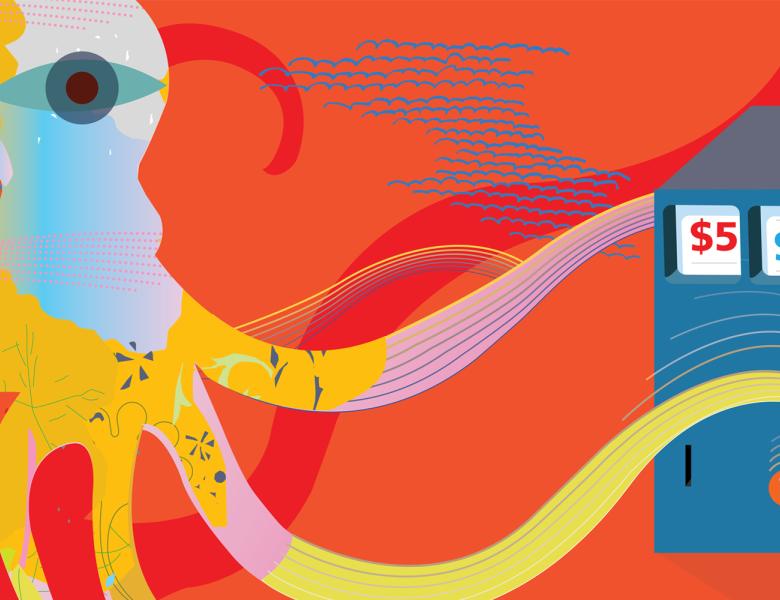
Abstract
Many decisions that once were made by humans are now made using algorithms. These algorithms are typically optimized for a single, private objective: Loan decisions are optimized for profit, smart phone apps are optimized for engagement, and news feeds are optimized for clicks. However, these decisions have side effects: irresponsible payday loans, addictive apps, and fake news may maximize private objectives, but have unclear impacts on social welfare. This project develops an approach to welfare-sensitive machine learning, which provides a formal framework for weighing the social welfare impact of an algorithm alongside traditional, private optimization criteria. We describe and evaluate different strategies for measuring and predicting these welfare impacts. In partnership with a large financial institution in Kenya, we stress-test this approach with real lending data, and characterize the empirical tradeoff between private (profit) and public (welfare) objectives in a high-stakes environment.


